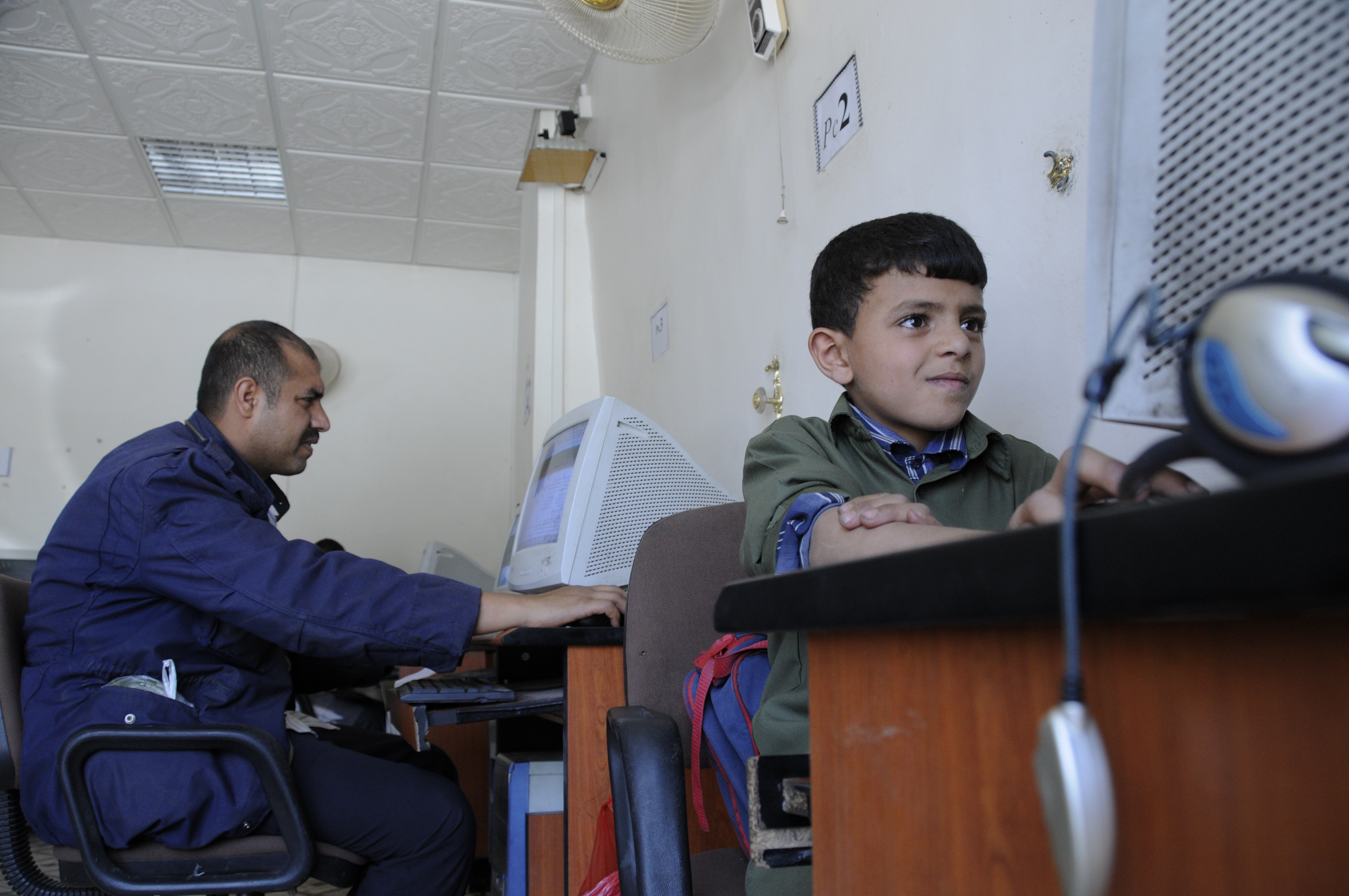Virtually all industries are being affected by the complexities of cybersecurity and privacy law. In addition to being somewhat confusing, aspects of cybersecurity and privacy law can change practically overnight. With this in mind, the international law firm Akerman now offers a constantly updating web-based legal knowledge platform on cybersecurity and privacy law named the Akerman Data Law Center. Developed in conjunction with Thomson Reuters and Neota Logic, the platform makes the international rules and regulations regarding cybersecurity more accessible. This tool will be useful for law firms everywhere, since cybersecurity and privacy are “likely to have accelerated growth in the law market for 2016,” as explained by Akerman’s Data Law Practice co-chair, Martin Tully. In addition to always being up-to-date, the platform can be used to research changes that only pertain to specific regions or industries. This could be extremely useful to law firms that operate in several jurisdictions and want to be able to keep track of the differences in regulations between regions.
Though access to the research compiled in the Akerman Data Law Center will require a subscription fee, Akerman states that the platform will save users up to 80% on research costs. When compared to the number of hours associates could spend accumulating the research already available within the platform, the Akerman Data Law Center is more efficient and less expensive. To make the platform even more user friendly, Akerman even allows users to contact them directly for particularly challenging questions, which will prove useful for firms that do not have the funds to consult with experts constantly.
Article via Legaltech News, November 20, 2015
Photo: Chained and locked via Vivek [Creative Commons Attribution-NonCommercial-NoDerivs]





